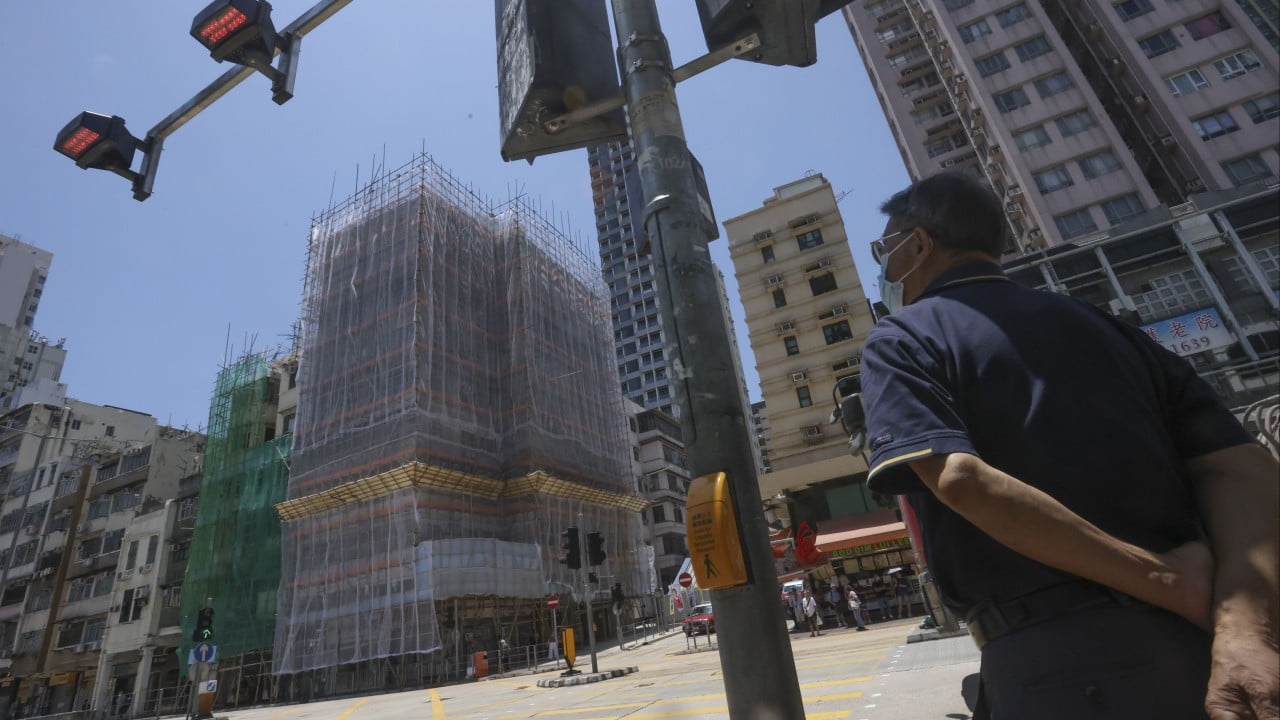Demand for a HK$12 billion (US$1.54 billion) issuance of senior bonds by Hong Kong’s Urban Renewal Authority (URA) exceeded supply by two times, with the order book reaching more than HK$22.8 billion.
The well-received offering drew local and overseas investors including banks, asset managers, insurance companies, central banks and official institutions. It comprises bonds worth HK$4 billion with a three-year tenor, HK$5 billion with a five-year tenor and HK$3 billion with a 10-year term, the authority said on Wednesday.
It is the URA’s first issuance in the Hong Kong dollar public institutional bond market since 2009. The offering is one of the largest ever joint Hong Kong dollar bond offerings in the city, and the five- and 10-year Hong Kong dollar tranches are also the largest on record, the URA said.
The authority said the proceeds from the offering will fund capital expenditures on urban renewal projects and be used for general corporate purposes.
With coupon rates of between 3.35 per cent and 3.55 per cent, “the yields on these bonds are also the lowest in the Hong Kong dollar public offering market in the past two and a half years”, the authority said.
Founded in May 2001 under the Urban Renewal Authority Ordinance, the authority undertakes and facilitates urban renewal in Hong Kong, aiming to address urban decay and improve living conditions for residents in old districts.
However, the authority has been strapped for cash, running a HK$3.9 billion annual deficit for the 2023-24 financial year, its second straight year of deficits. A HK$3.1 billion provision for projects that could be devalued, plus a HK$830 million operational deficit, accounted for the 2023-24 deficit.
For example, the authority incurred a HK$1.5 billion loss for a project it put up for tender in Kowloon City last year. The body is planning to launch redevelopment projects in that district, as well as Sai Ying Pun and To Kwa Wan, during this financial year and the next.
Underwriters of the bond issuance include Bank of China (Hong Kong), Crédit Agricole, HSBC, Standard Chartered and UBS.


